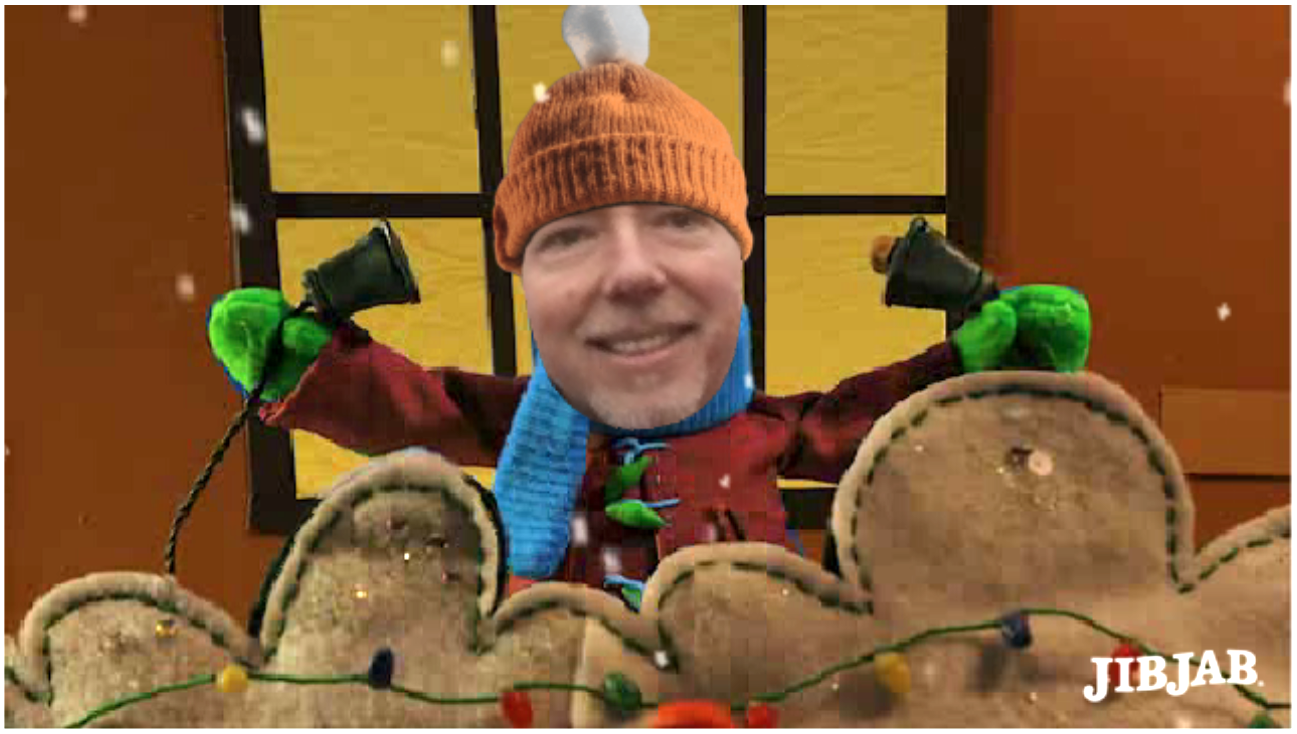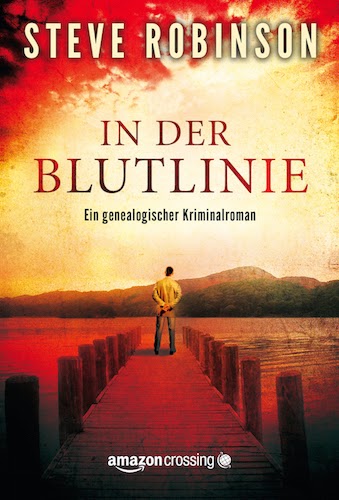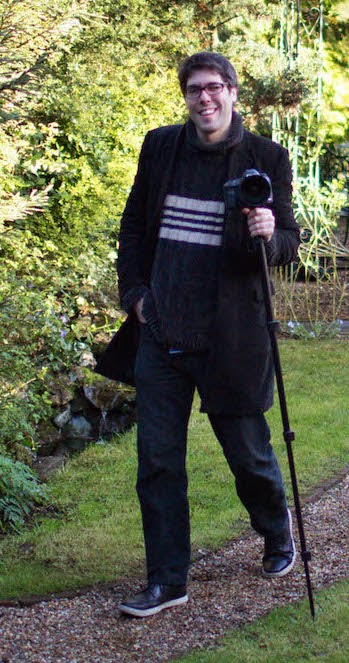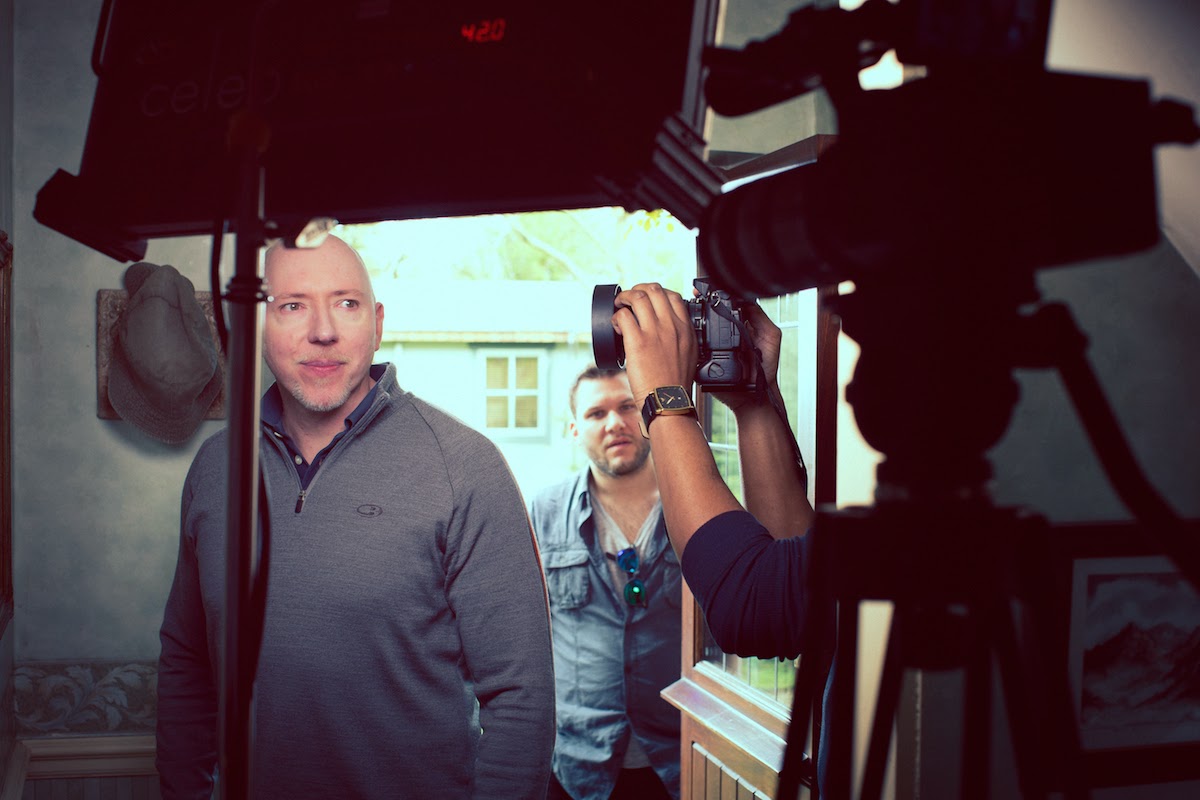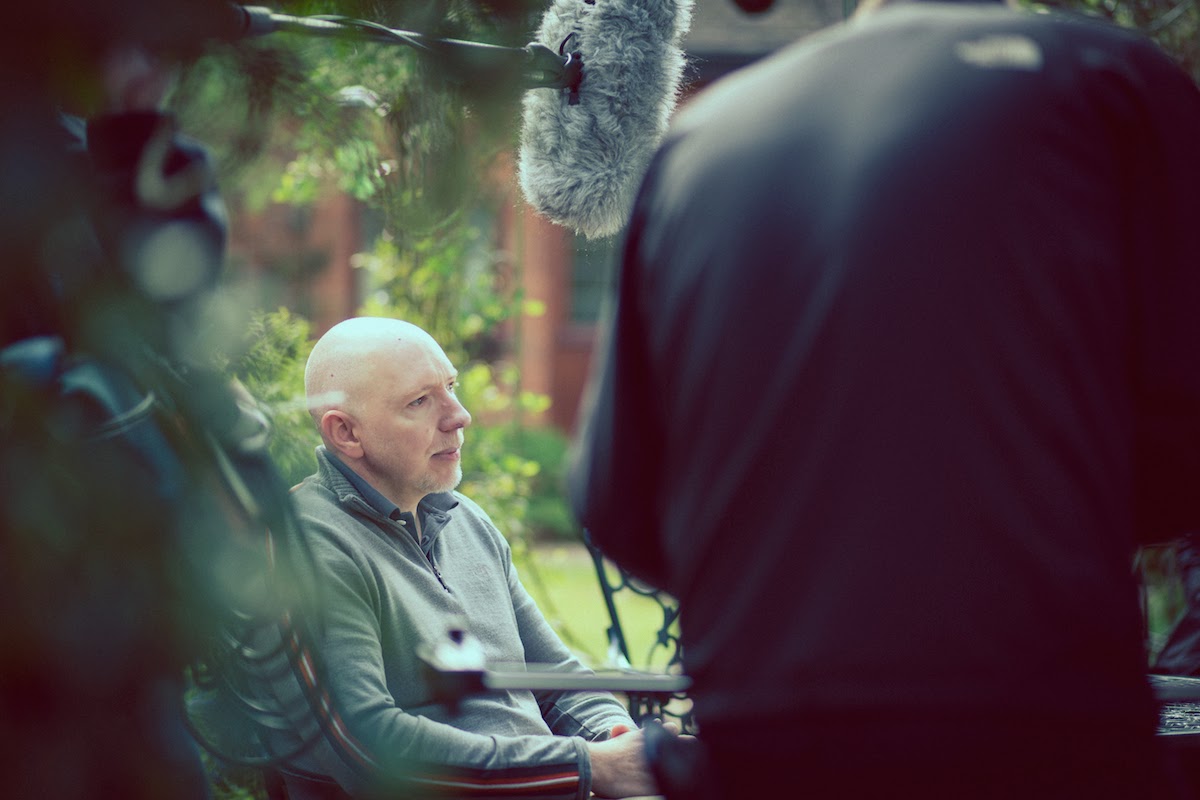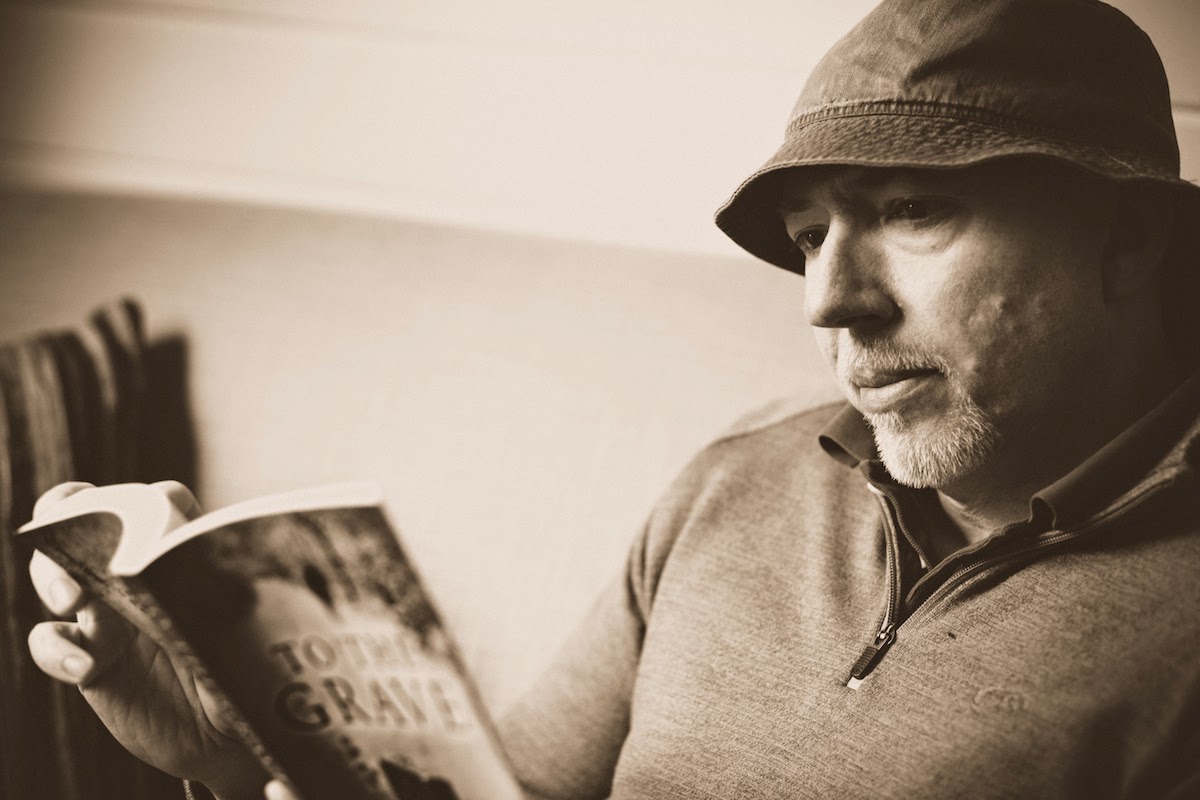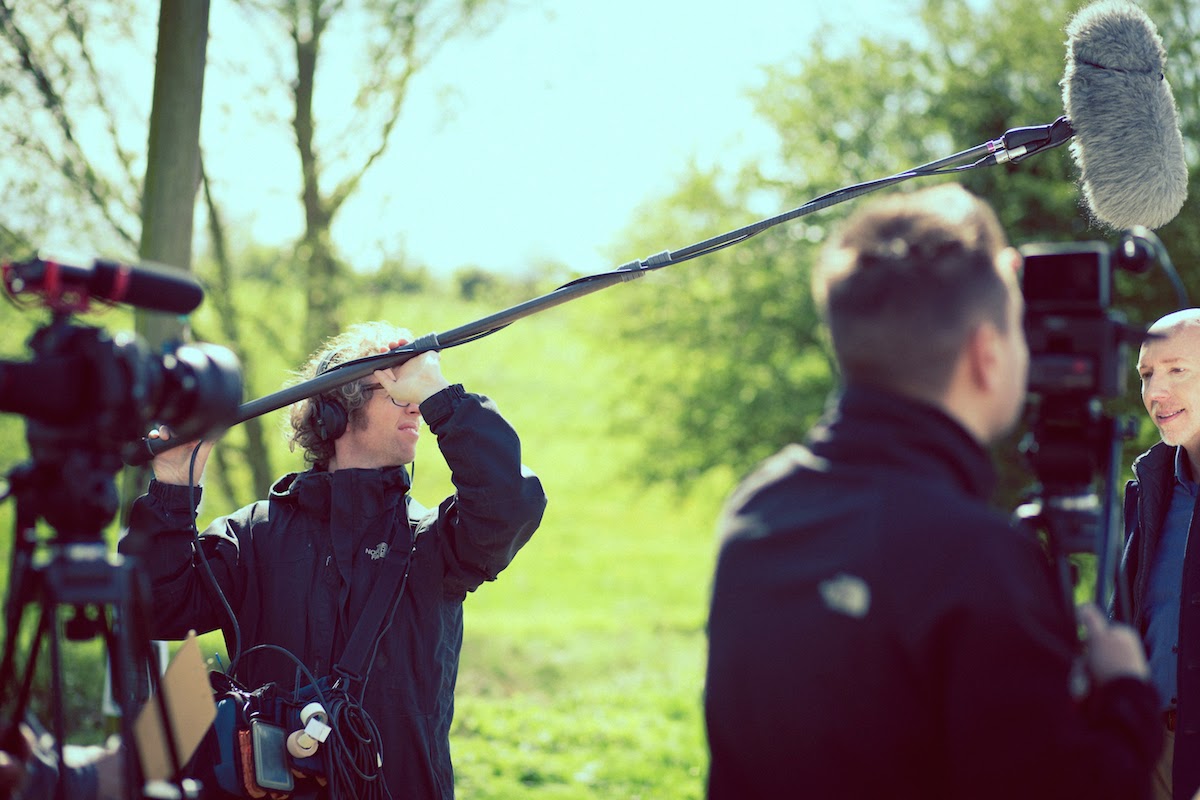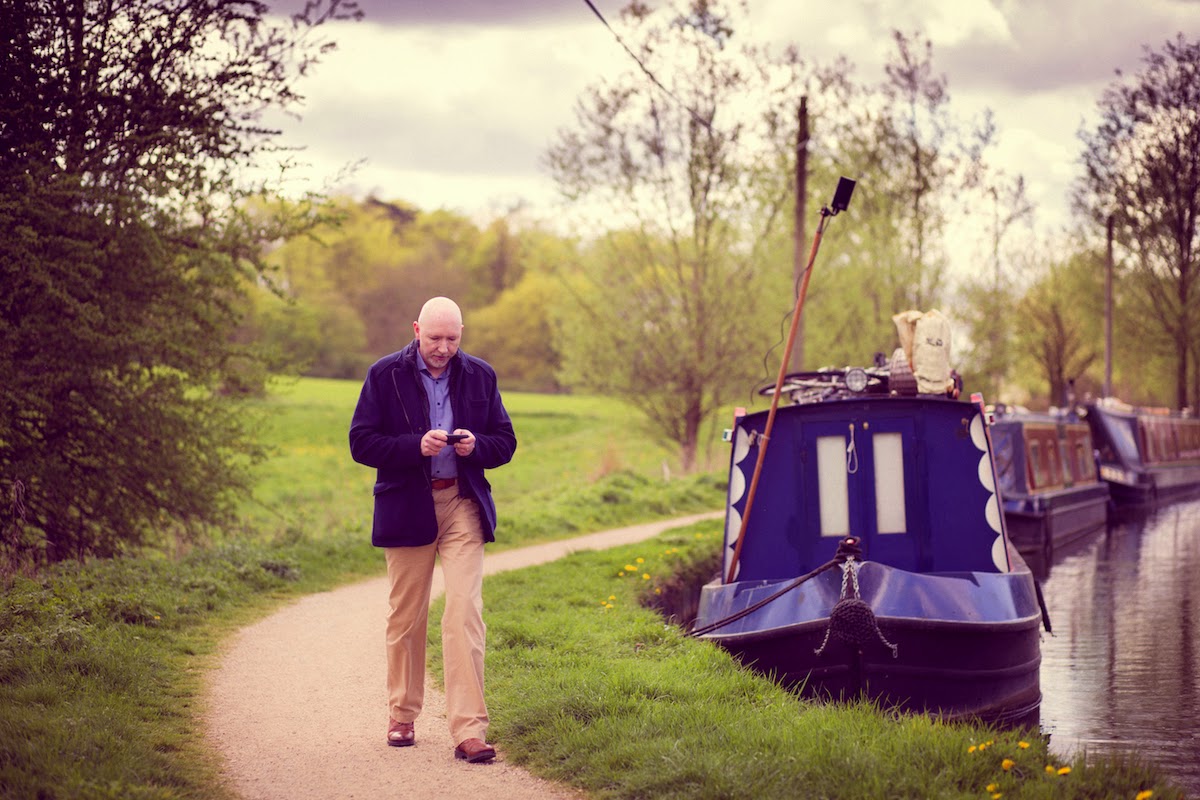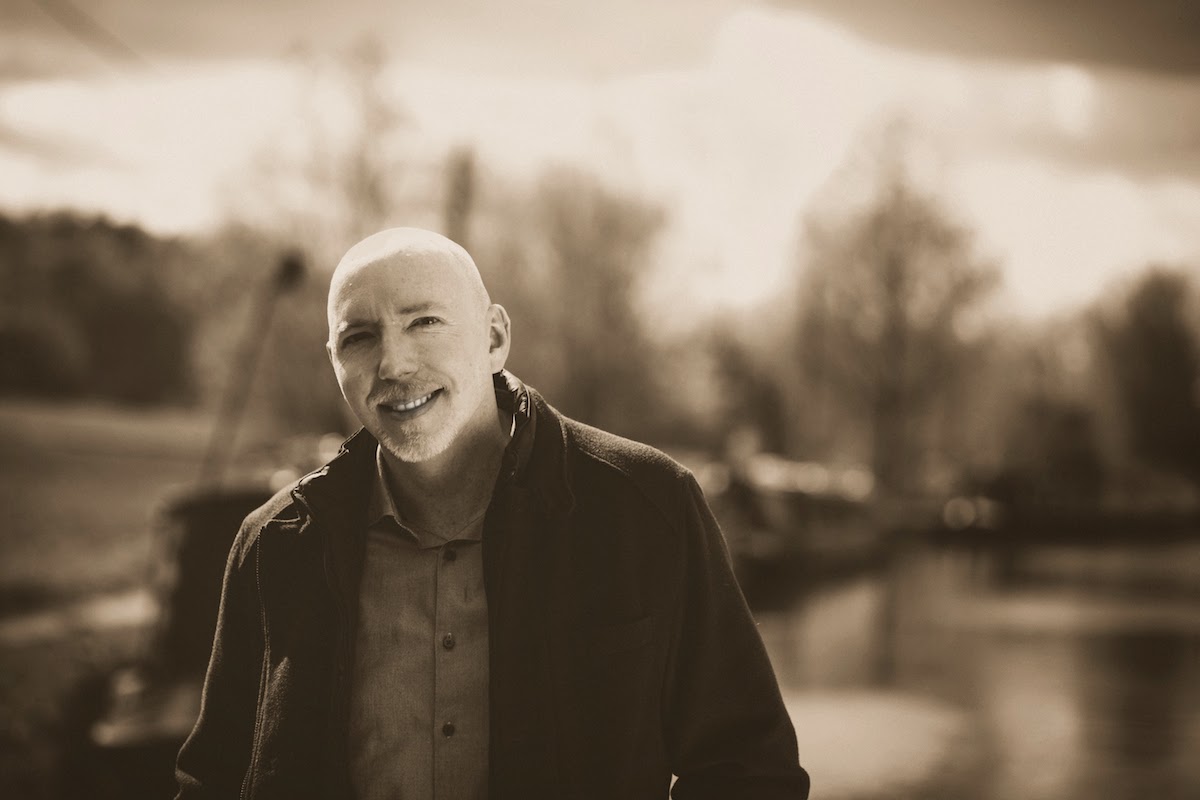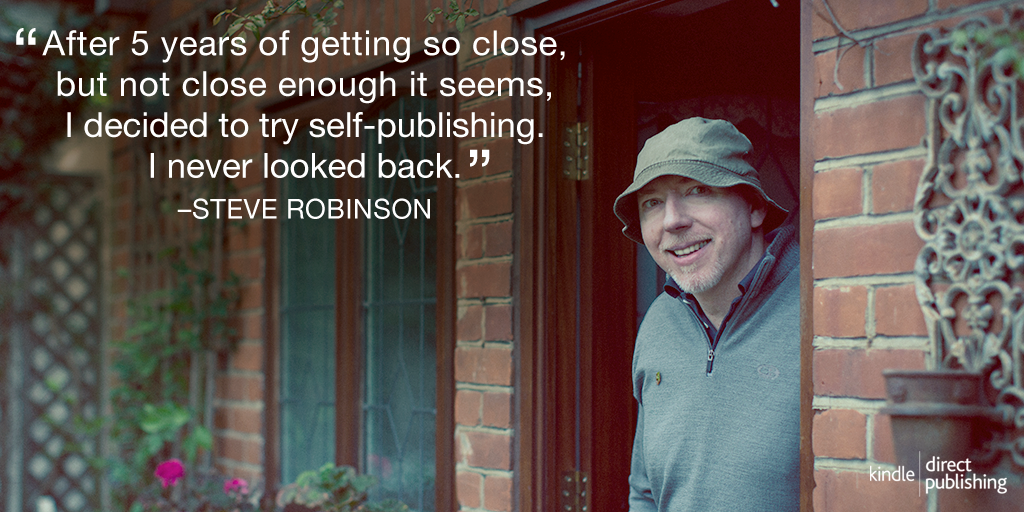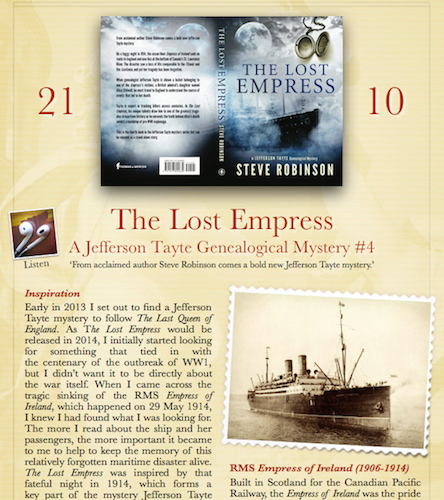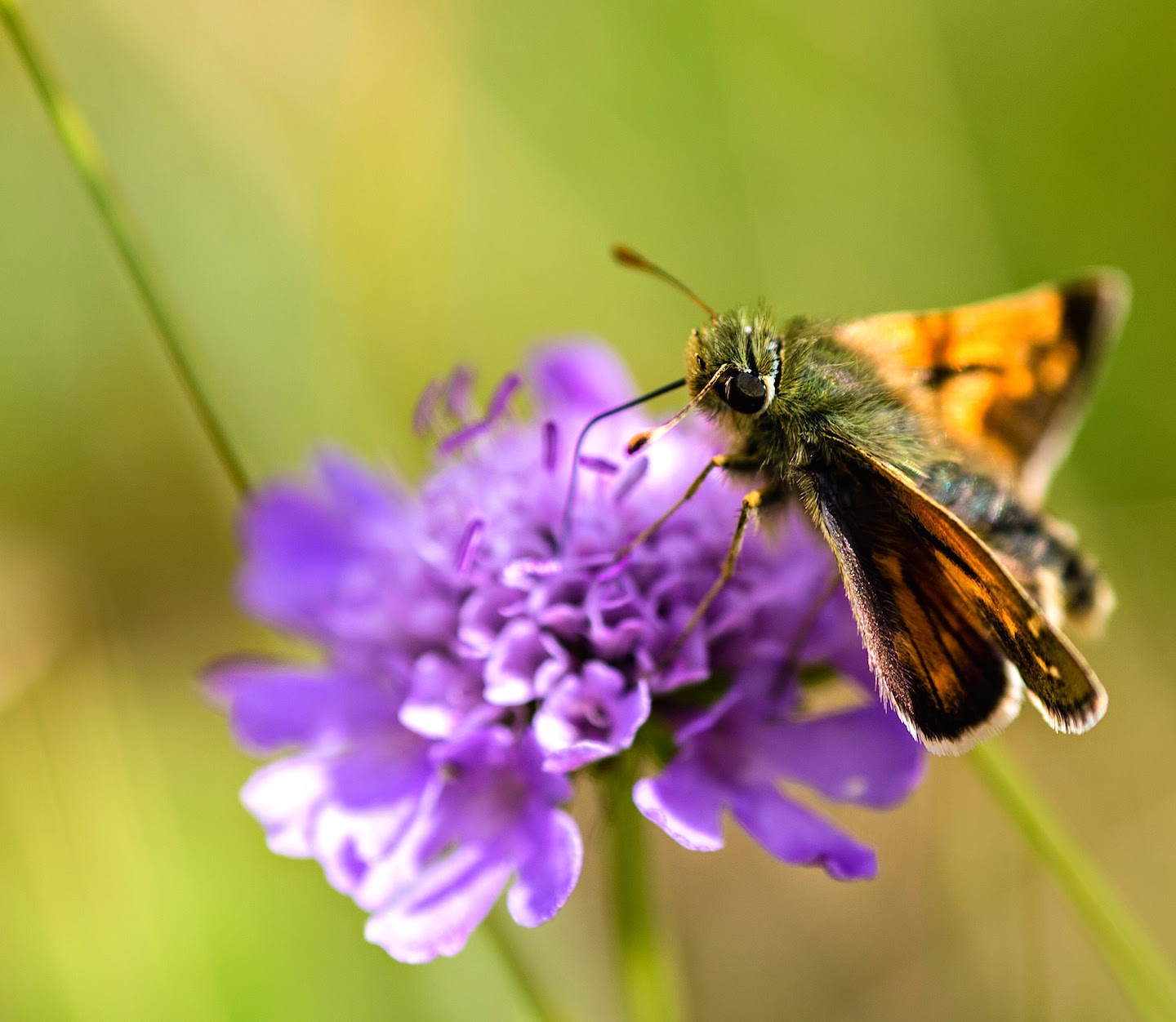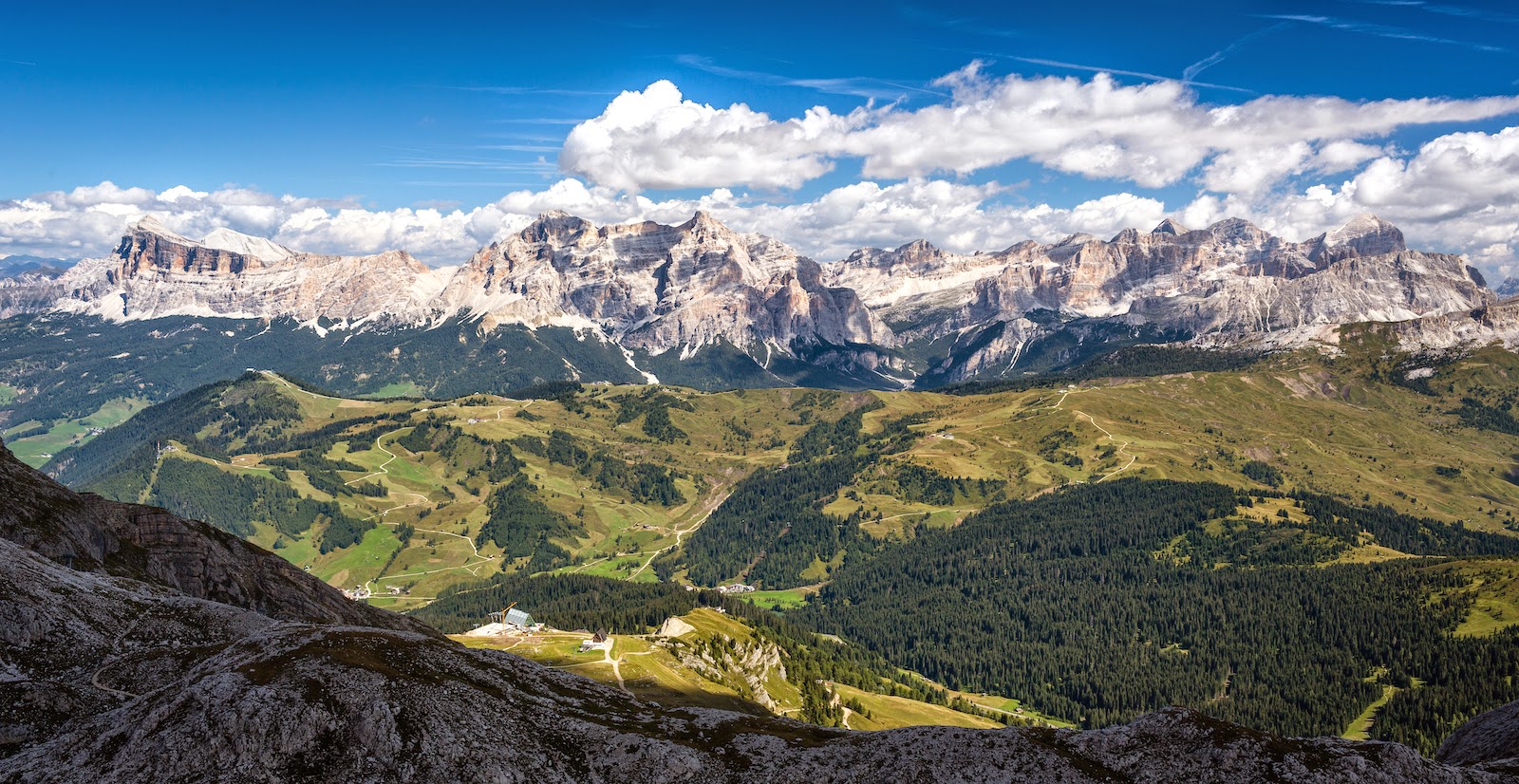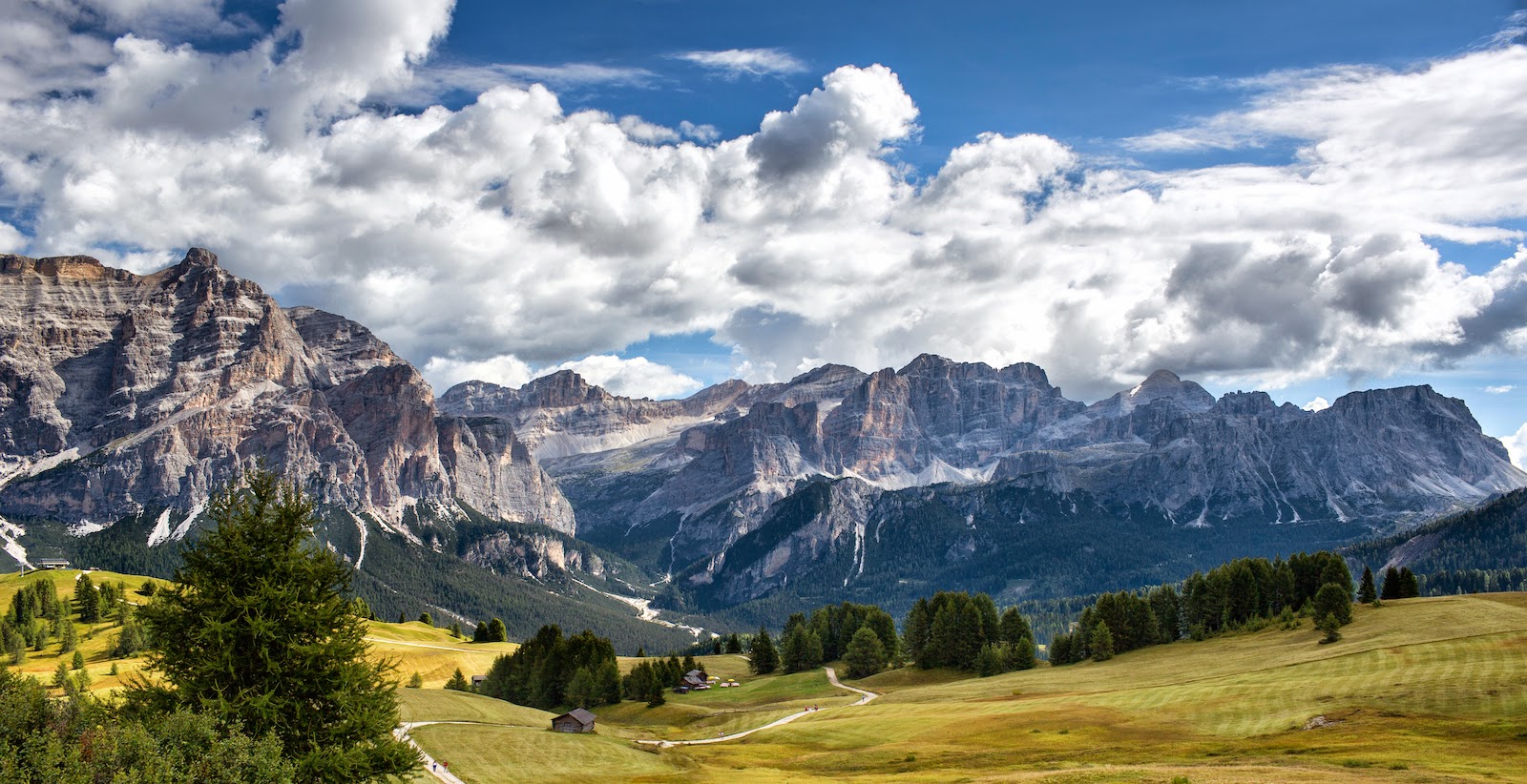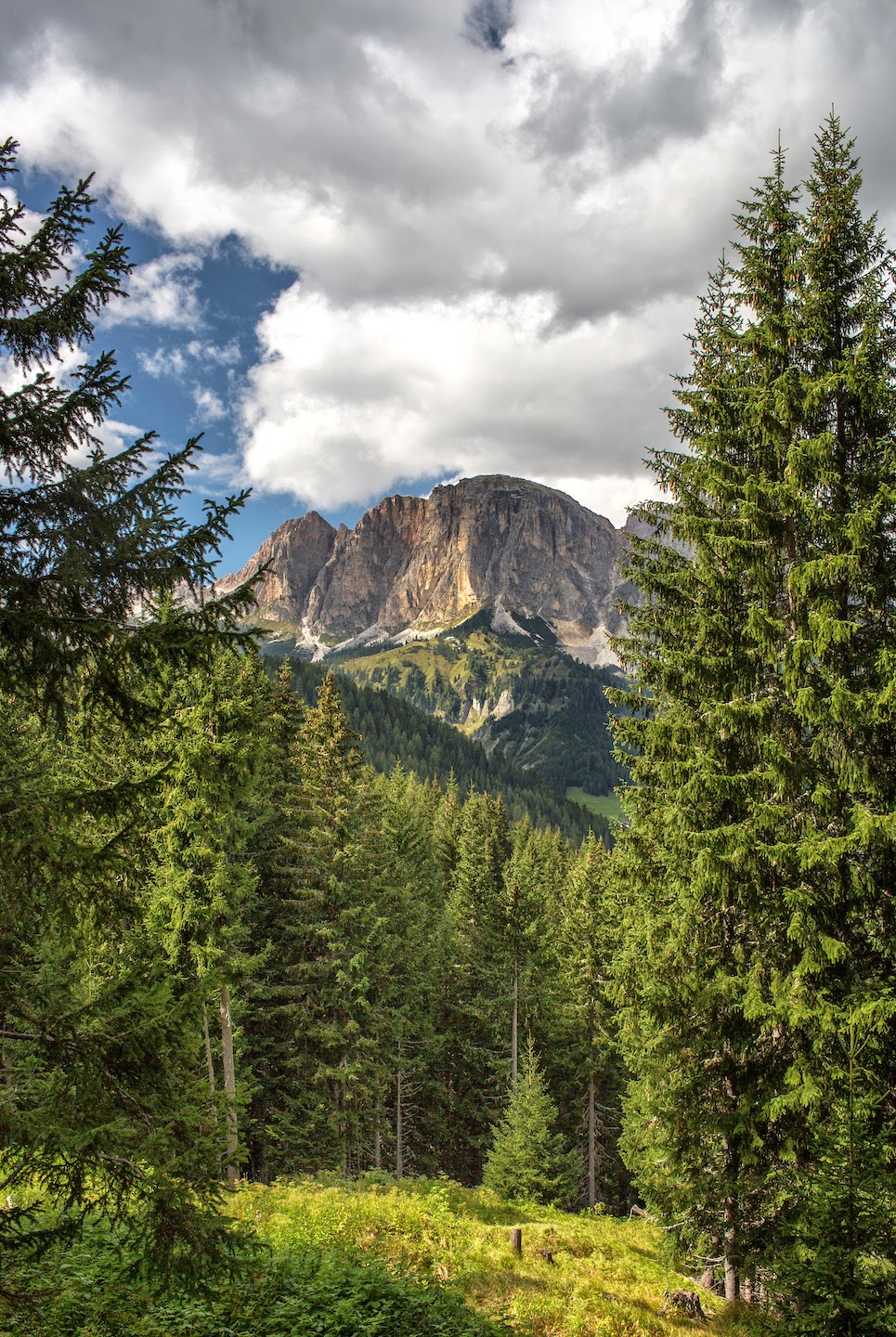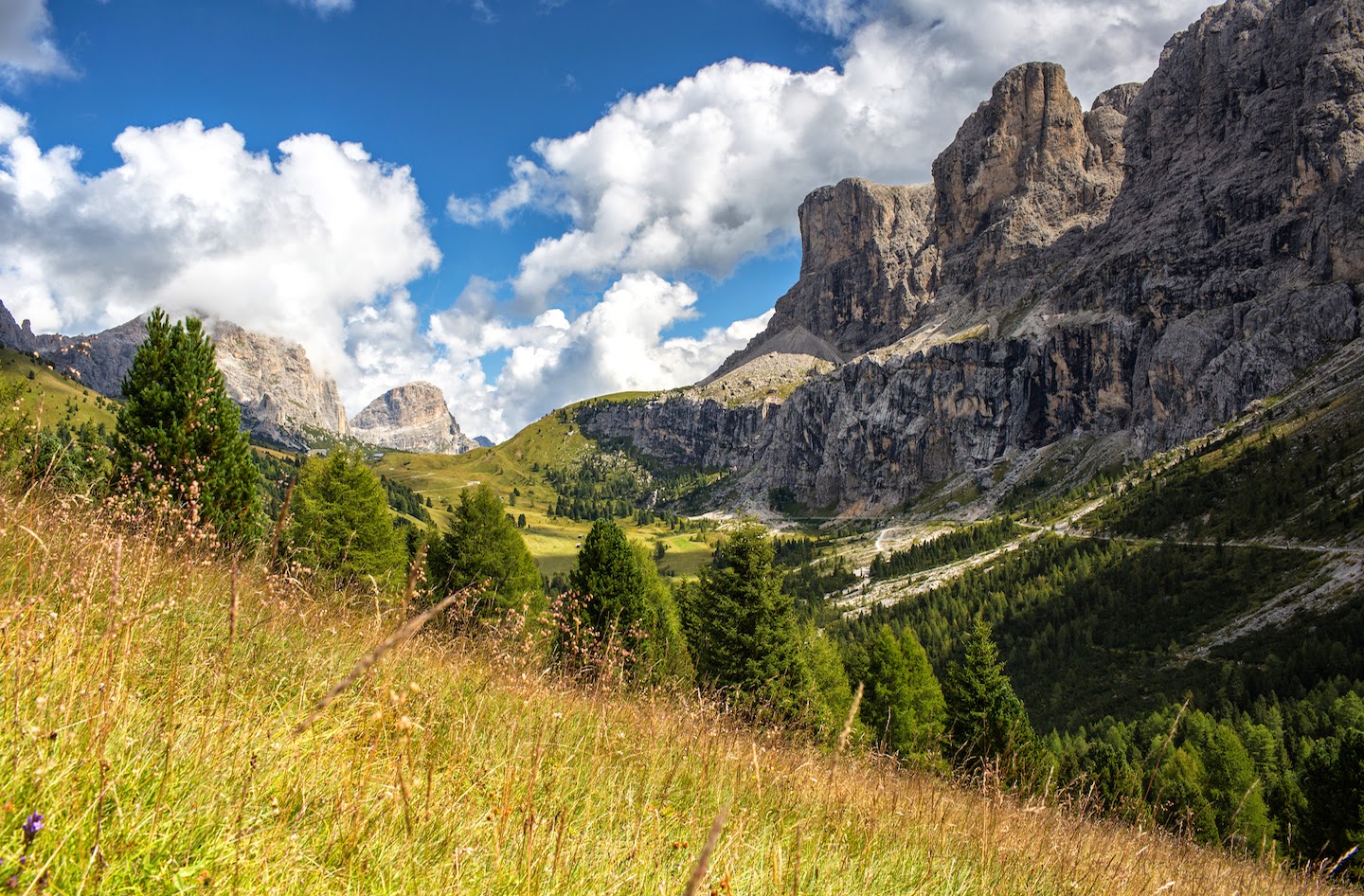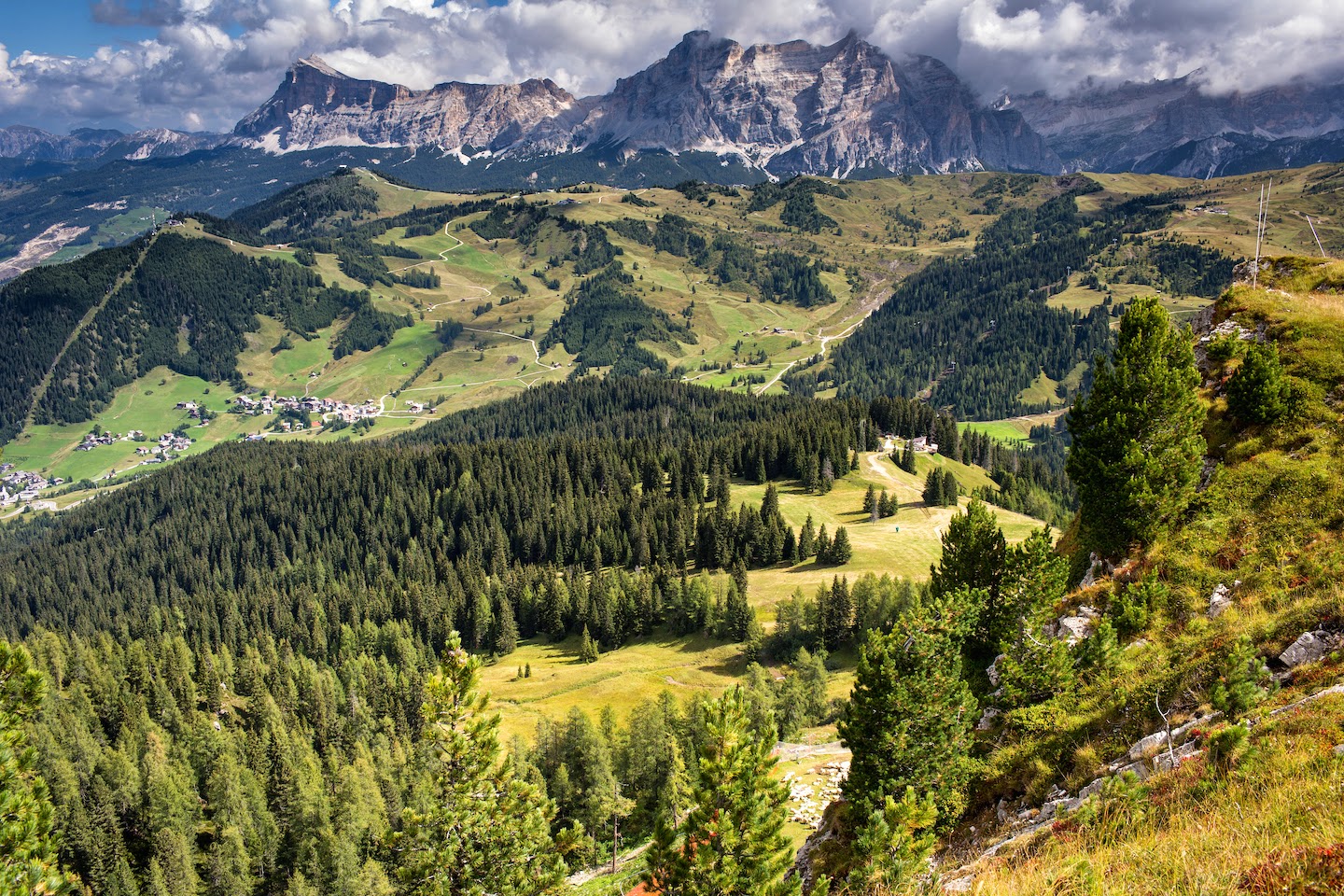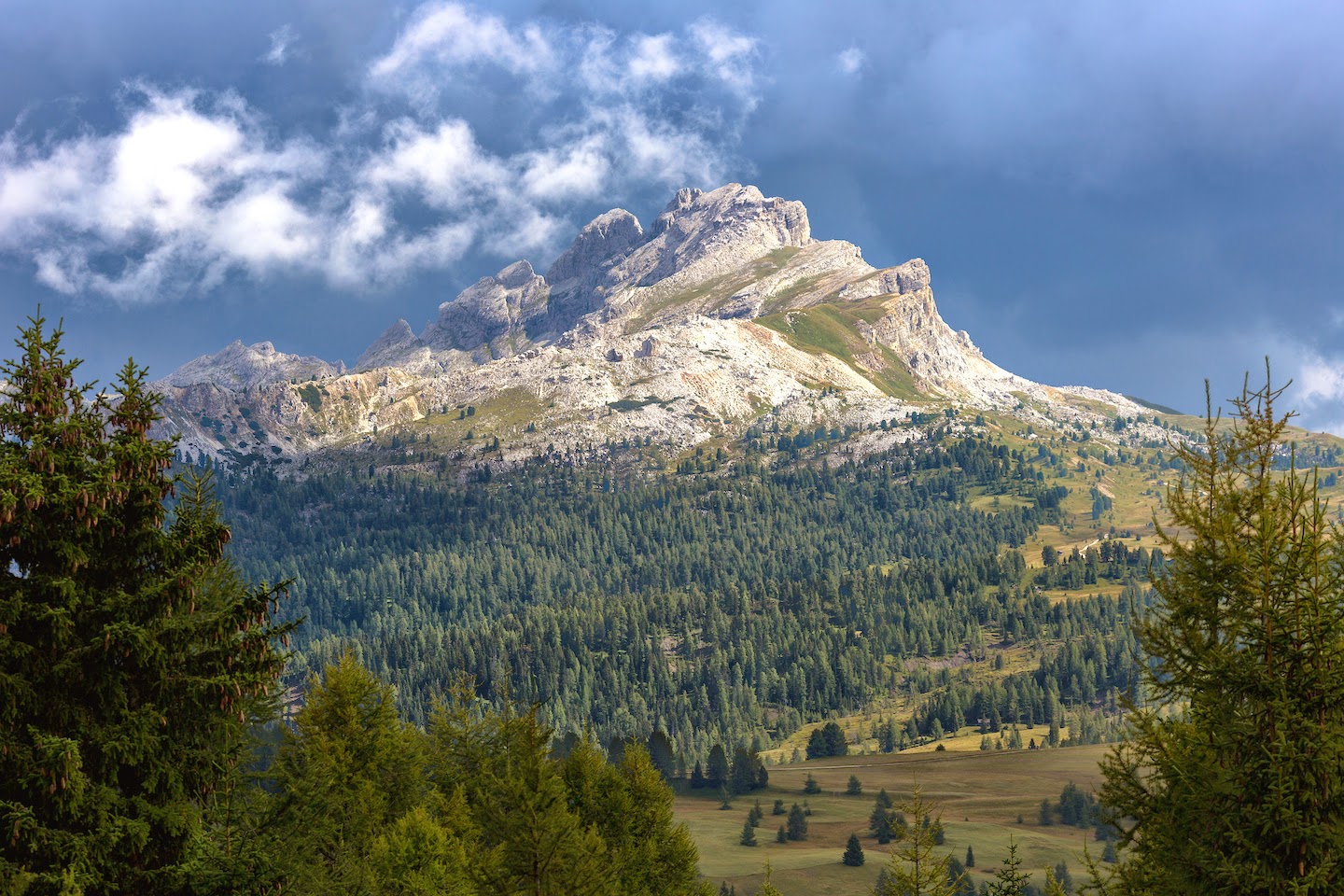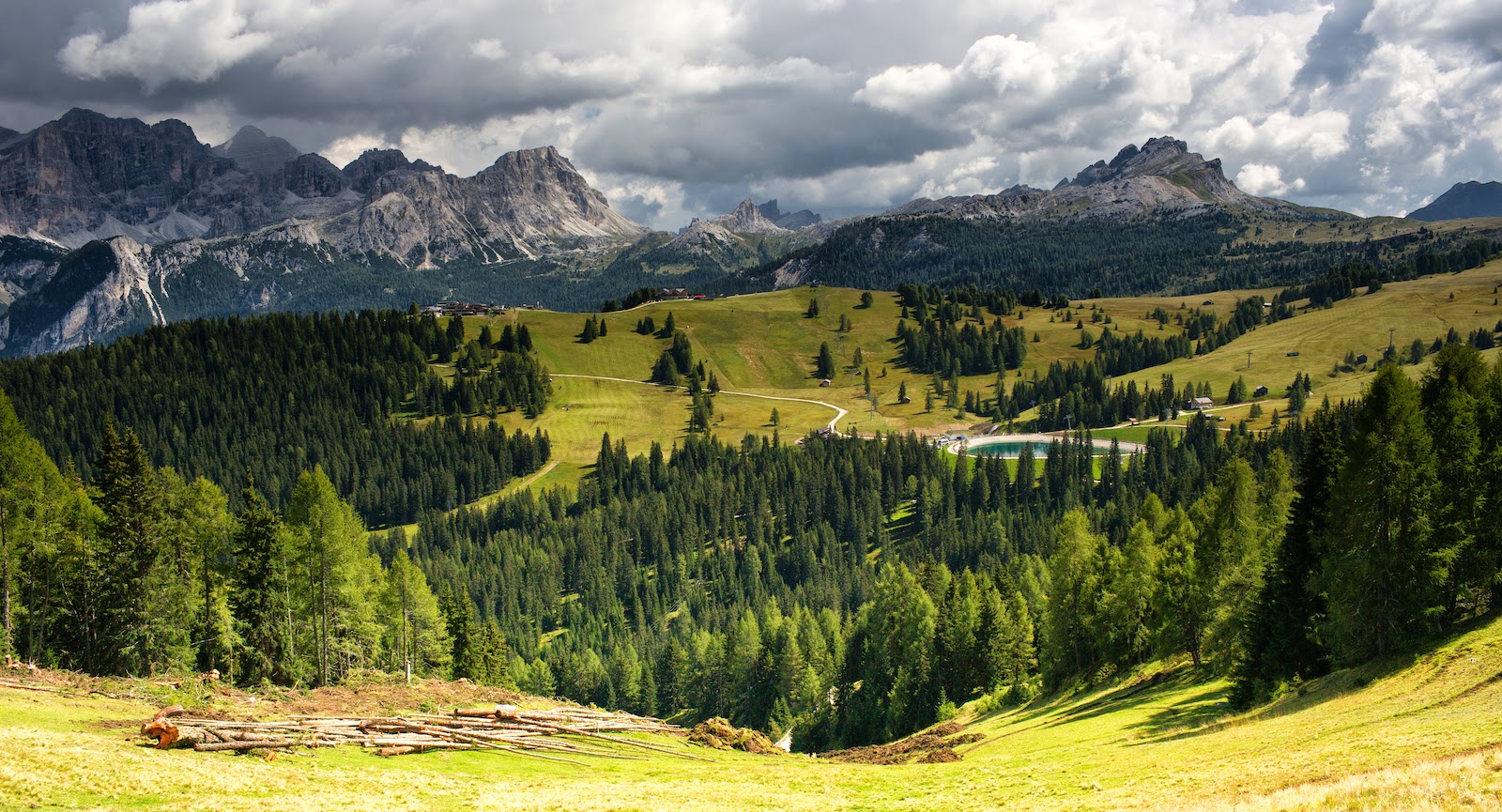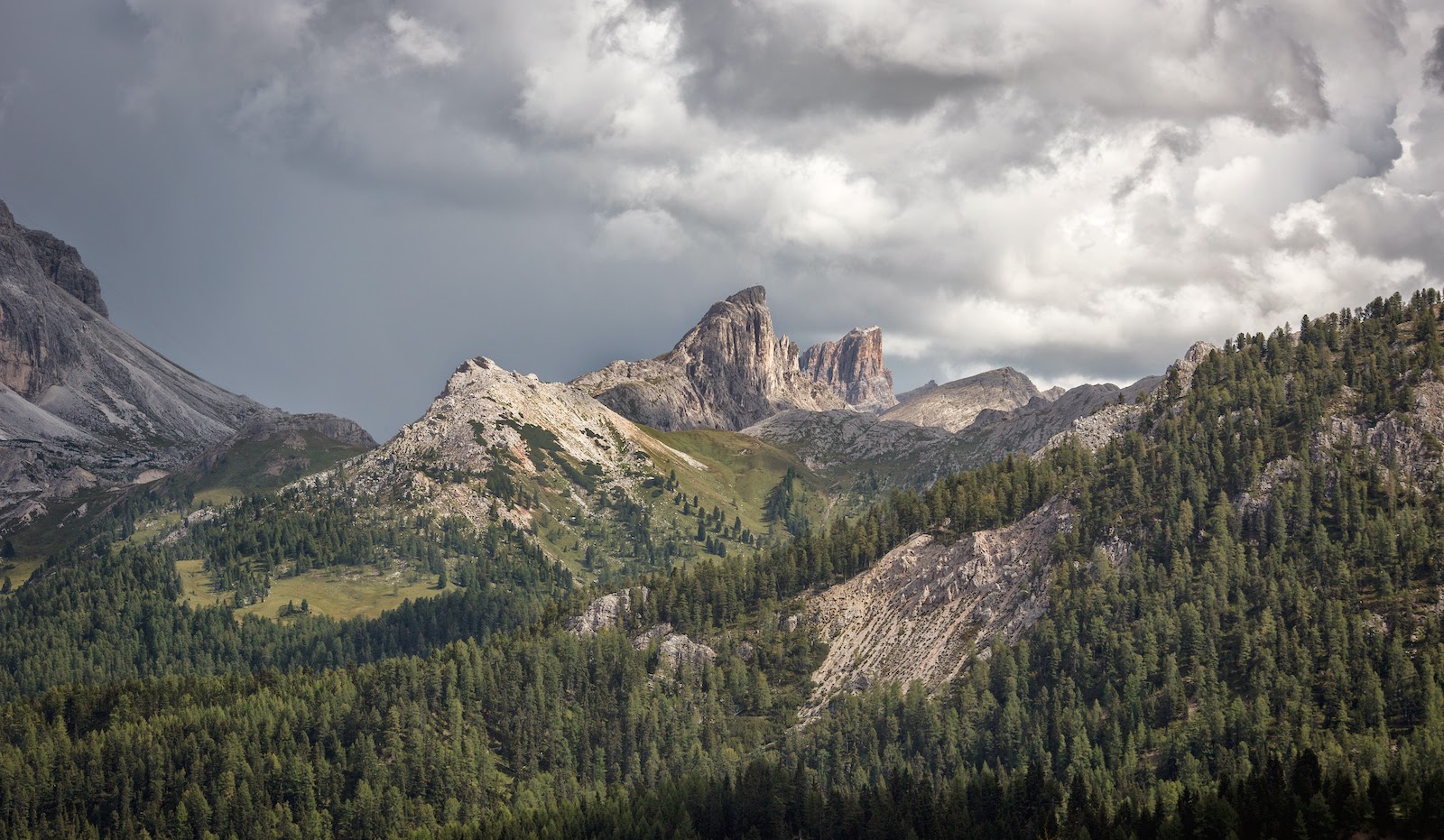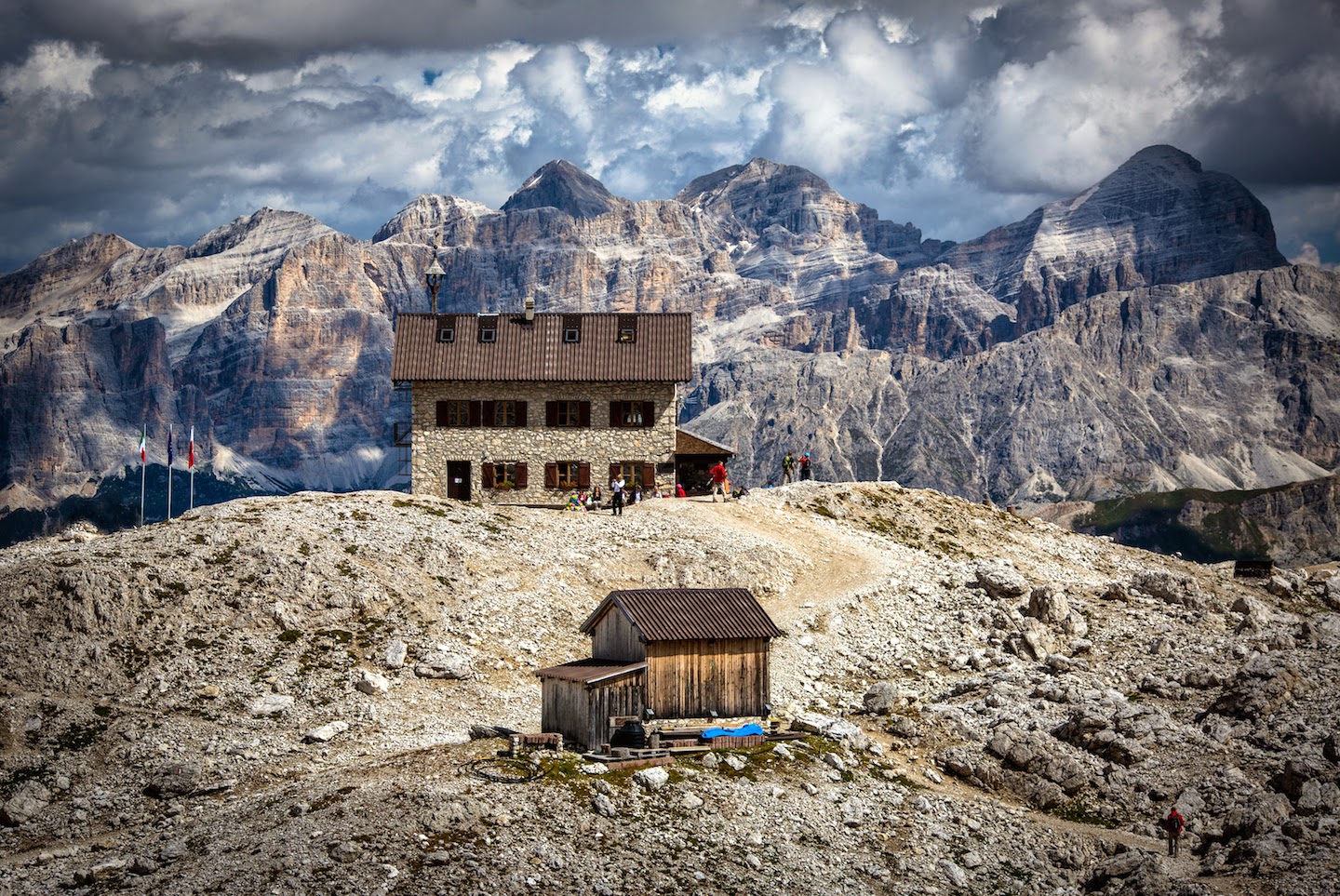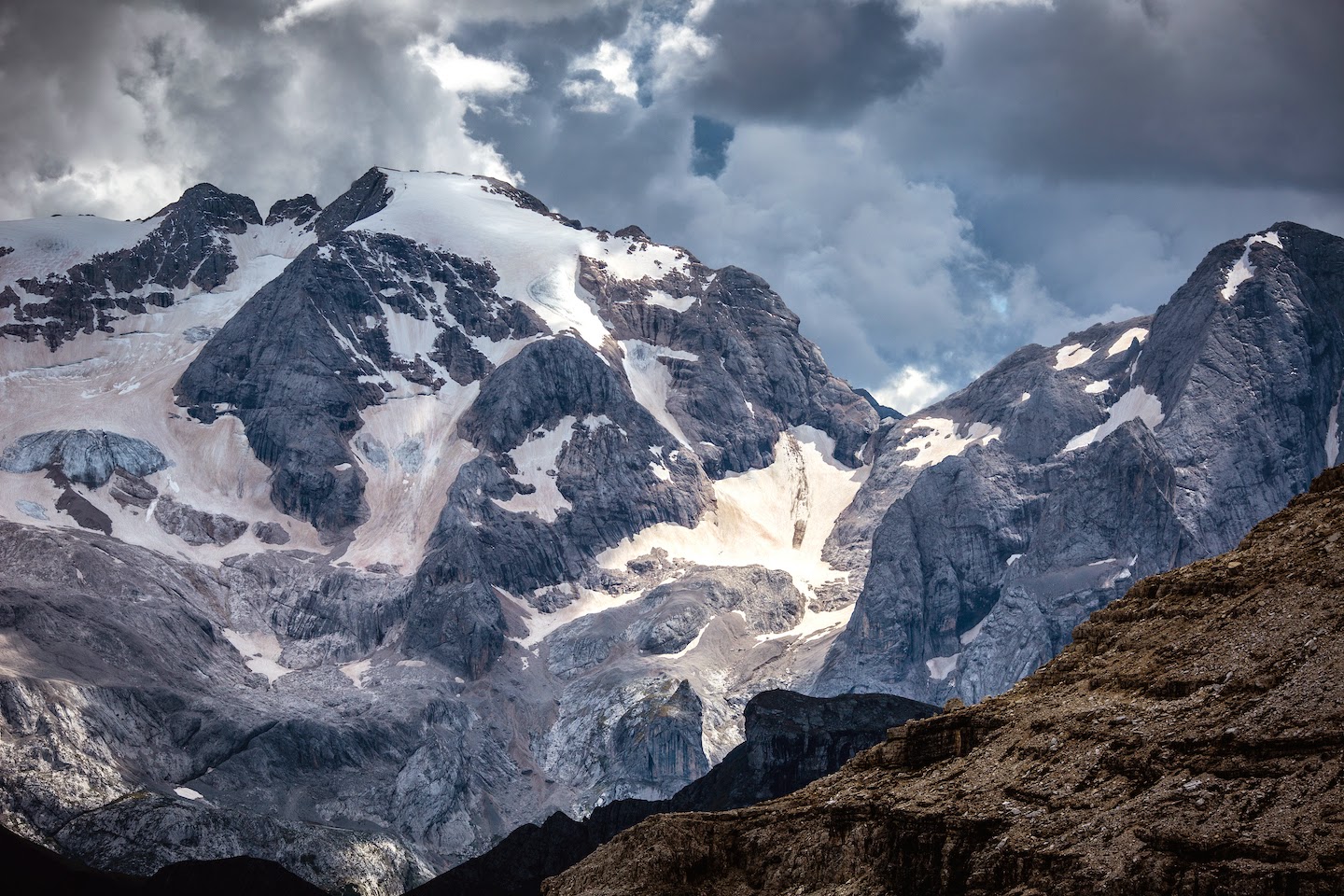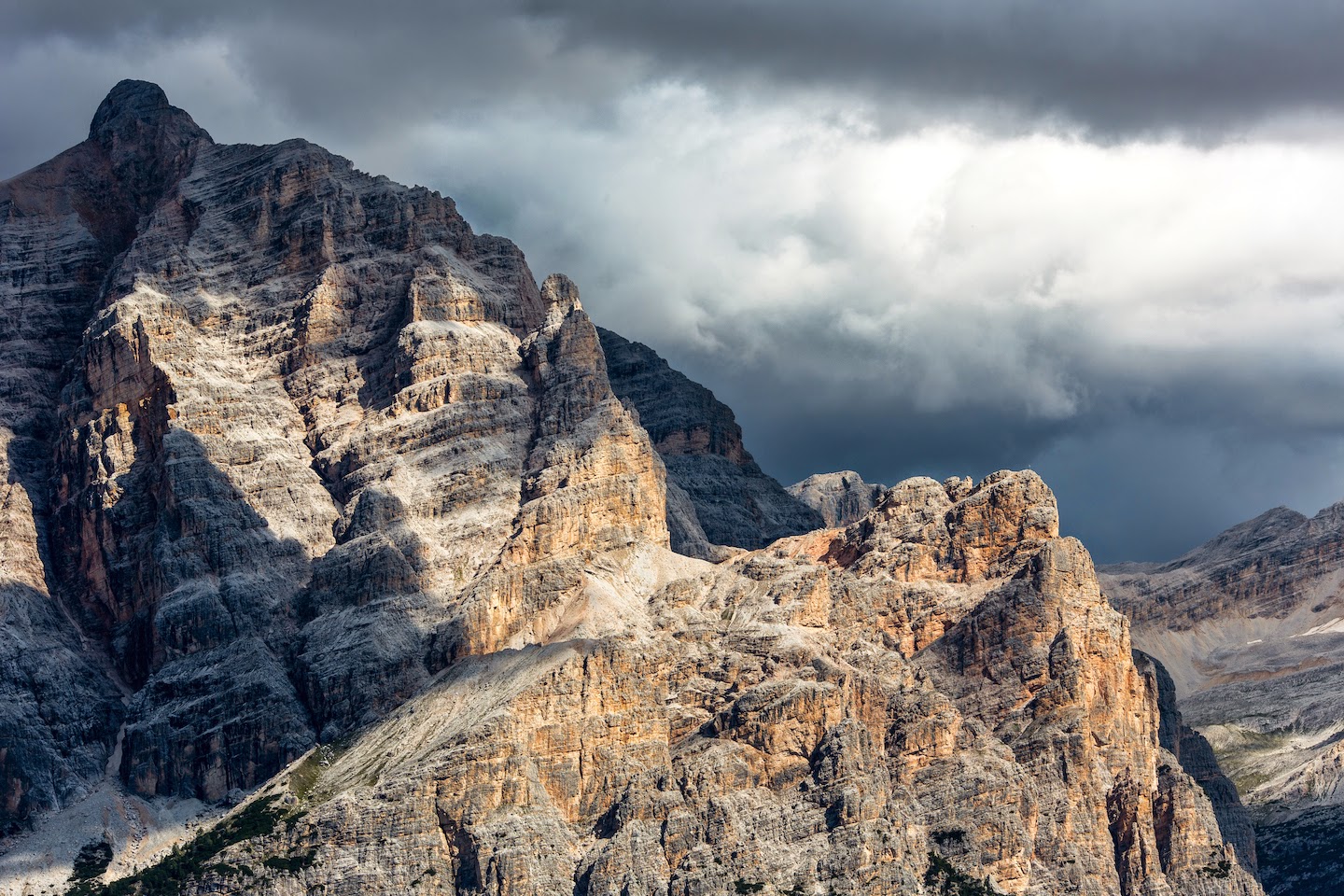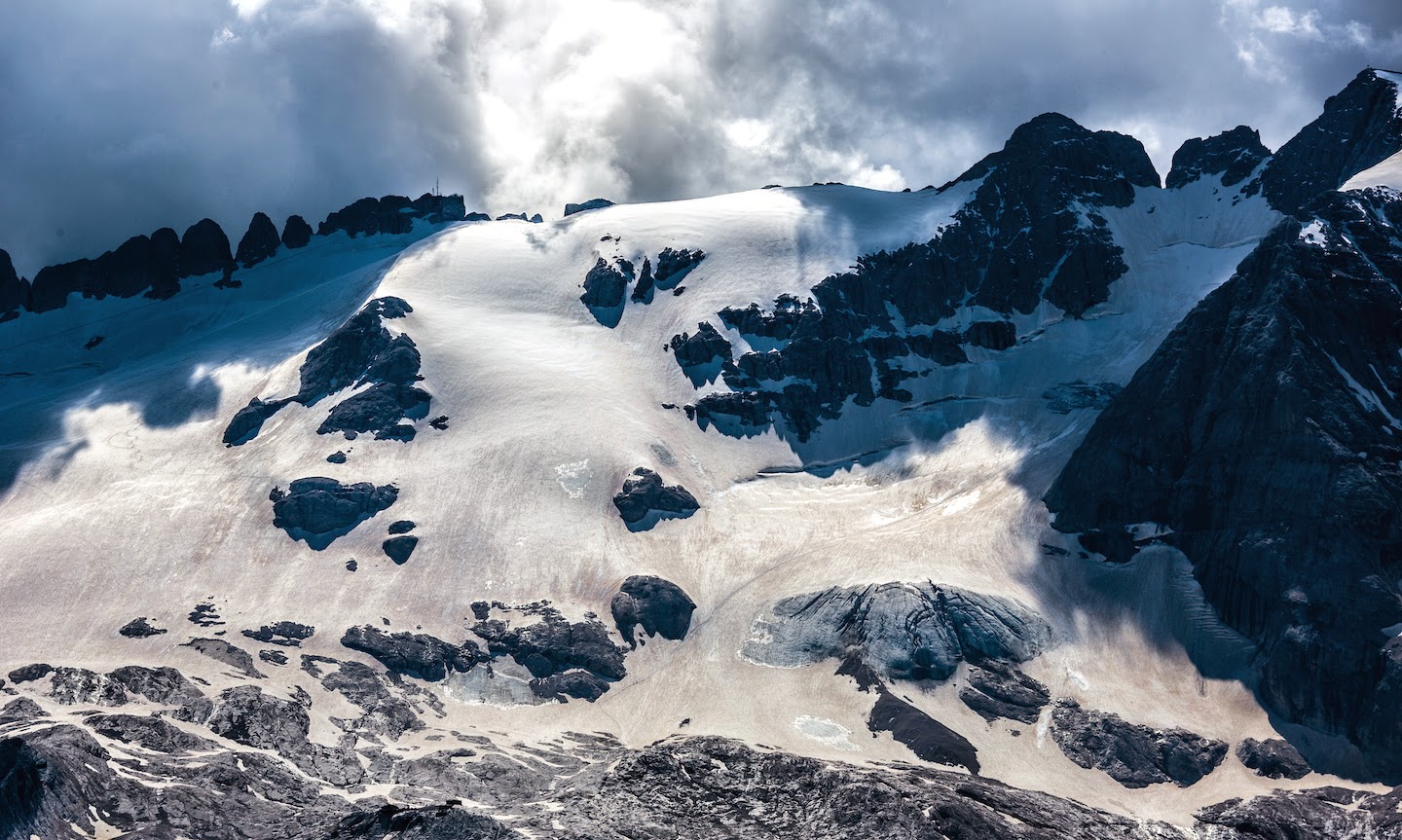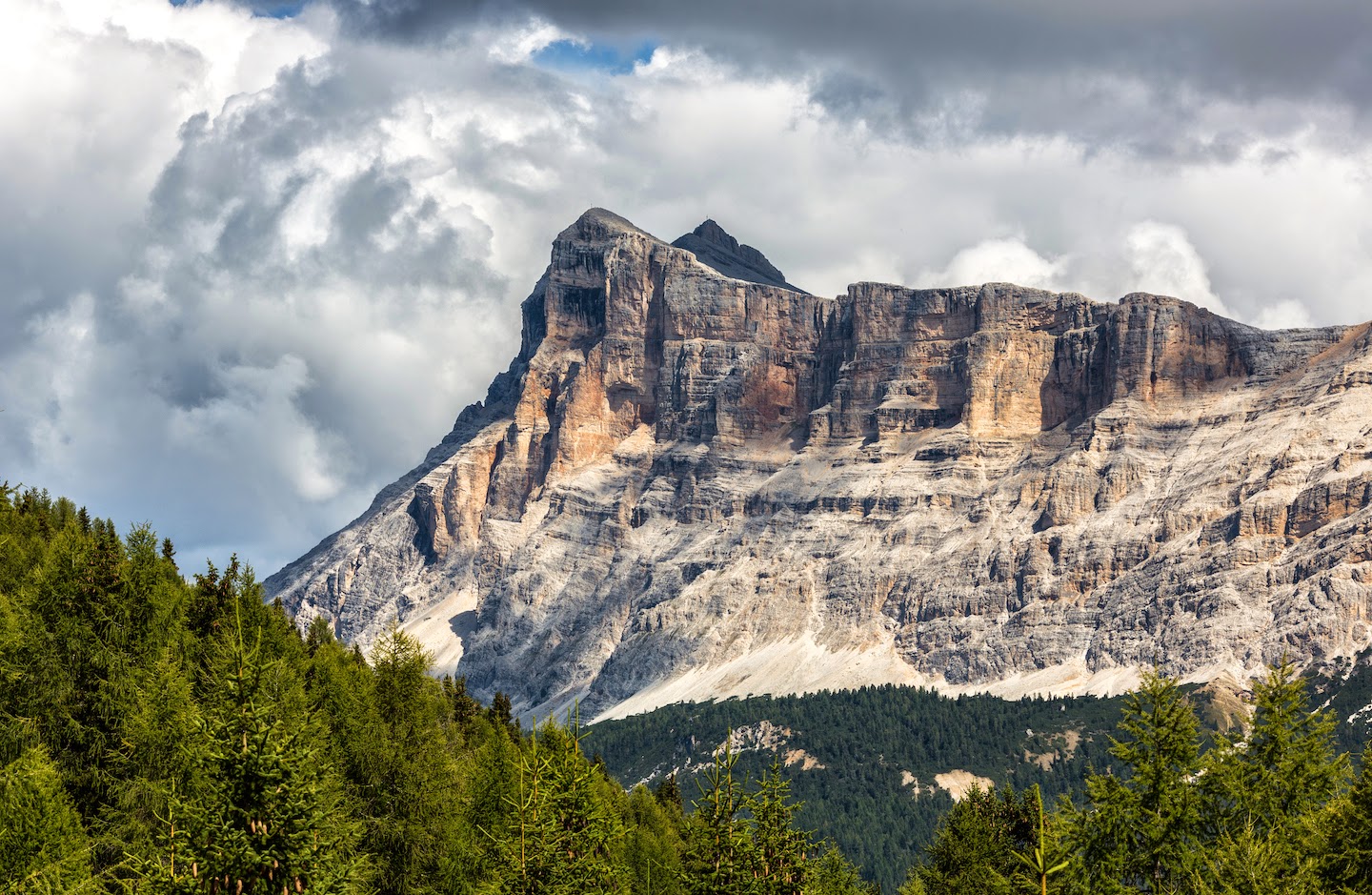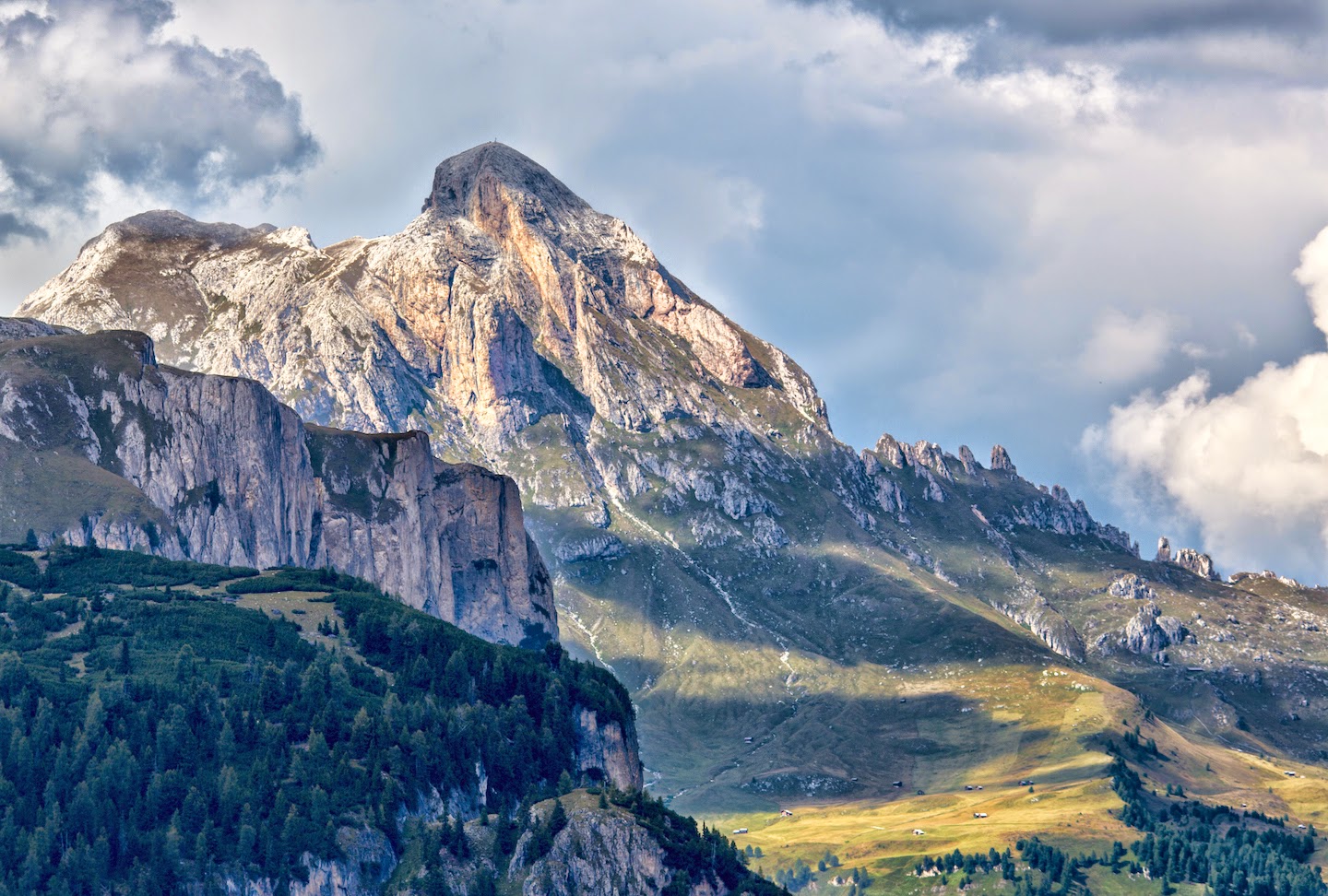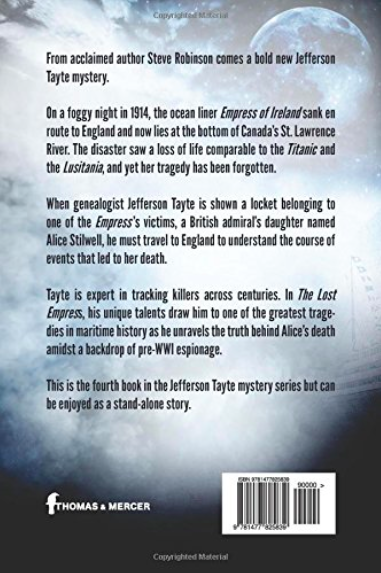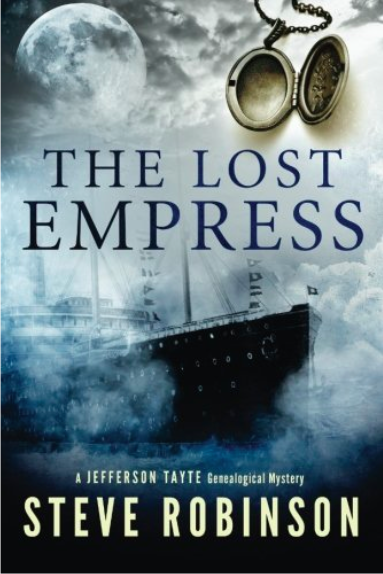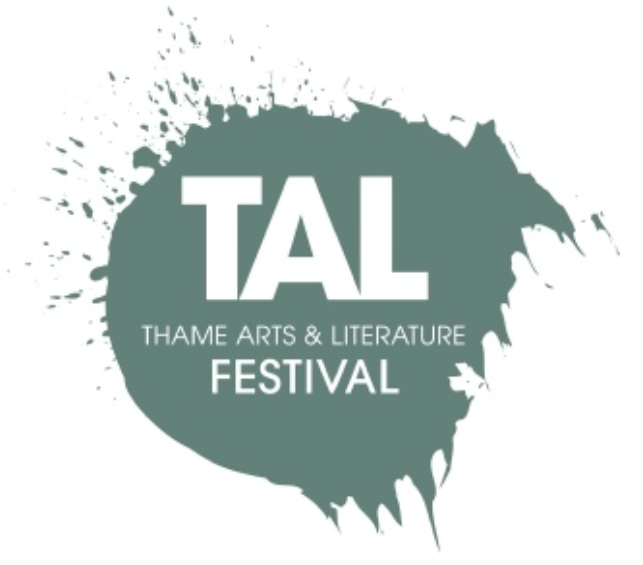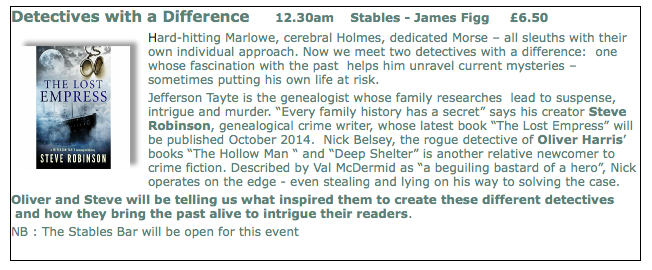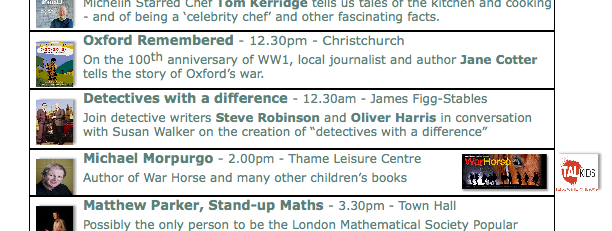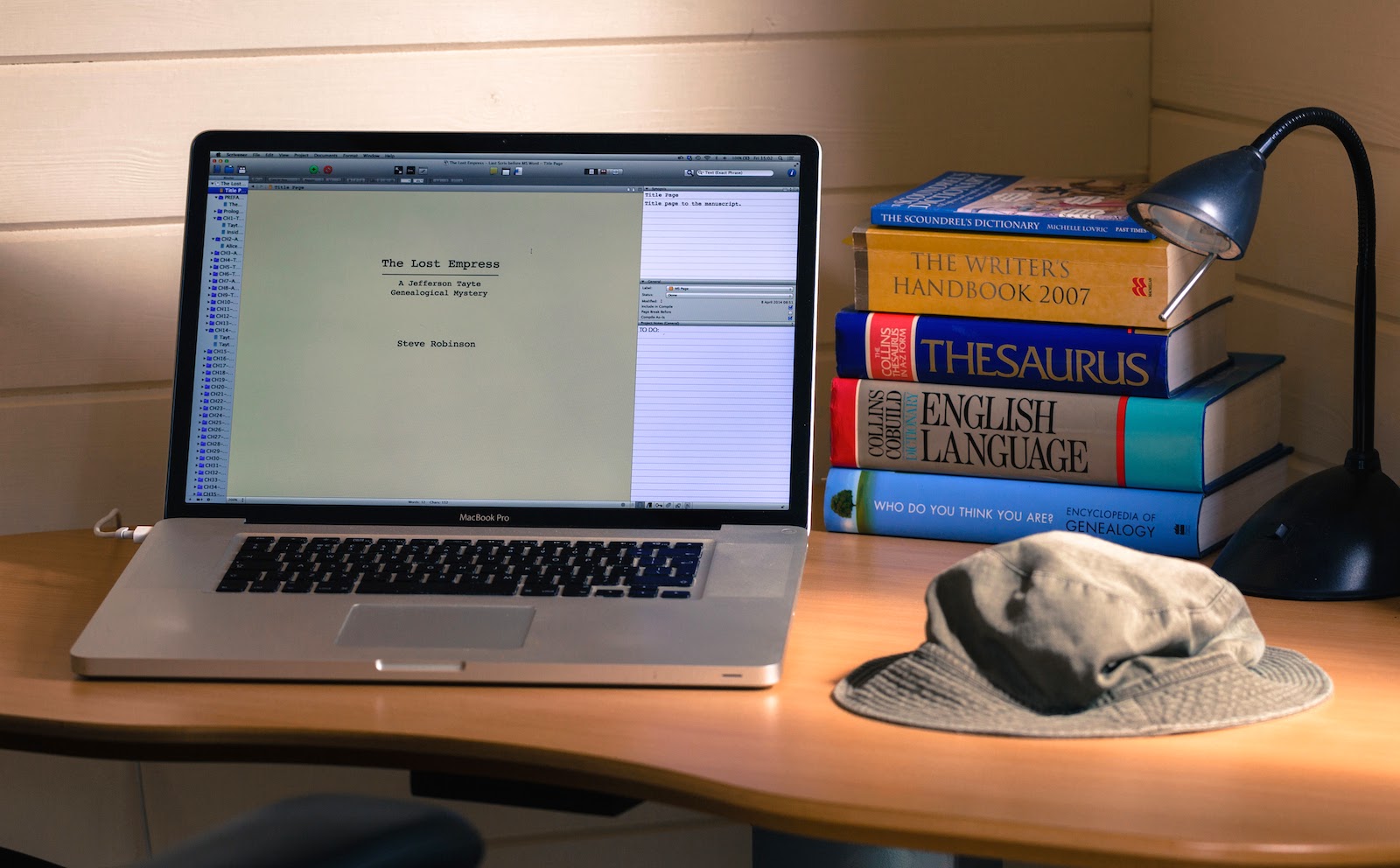 |
| Writing hat optional |
Last week I was kindly asked to participate in a blog tour about writing process by Kindle User's Forum friend,
David Wailing, author of the techno-thriller
Auto series. The idea is that each author on the tour answers a set of pre-defined questions about how and why they write, so here's how I do it - although I have to say that of the four books I've written so far, I've not done it the same way twice. I don't know if that's because my stories are all a little different from each other, leading me to adopt a different approach each time, or perhaps it's because by the time I've travelled the often long road to finish a book and am ready to start another, I've forgotten how I did it! I suspect, though, that it's simply due to the inevitable evolution of my journey as an author.
What am I working on?
No prizes for guessing the answer to this one. I'm working on the next (5th) Jefferson Tayte Genealogical Mystery. I've literally just started writing it, having spent the last few months finding the story and loosely plotting it. I had planned to plot this one up front and in great detail so that I could just get on with the writing once I started, but I've decided I can't work that way. I want to be surprised along the way, and while I've certainly planned a few surprises, I think the best stuff often comes from the characters as I get going and the story develops. I have a title already, which is a first for me as they usually come from something within the story, or from the general theme once it's developed. I'm afraid I can't share anything about it just yet. Okay, I could but I don't want to, so there. ;o) I wouldn't say that I'm generally a superstitious person, but when it comes to my books, I like to keep things close to my chest until the story is well under way. All I will say for now is that it's going to be a very big story for Jefferson Tayte.
How does my work differ from others in its genre?
I think this has been a very important factor in how I managed to make a full-time career from my writing. I'd heard many times that a new author needs to have something new to say, or at least a new way to say it, and that was one of the things I kept in mind when I set about trying to become an author. I had no specific genre in mind when I started out as I wanted to keep all my options open. I just understood that whatever genre my work slotted into, I had to bring something new to it.
Cue my genealogical detective, Jefferson Tayte. He was born out of the historical story I wanted to tell, and the questions it raised. A past murder... Mysteries both past and present, somehow intertwined... How could I get to the past story from the present day in a way I'd not heard of before? I had already become interested in family history through TV programmes such as Who Do You Think You Are? and because of my own intrigue about my American GI grandfather, whom I knew little about at the time. I think it was because of this that the answer, when it eventually came, seemed so obvious to me that I couldn't believe no one (to my knowledge) had done it before. I would tell the story - a whole series of stories - through the exploits of a family historian, digging up the past and often putting himself in danger along the way. You know those moments when something major happens and you remember exactly where you were and what you were doing at the time? Well this was just like that. It was nine years ago, back in 2005, but I can still recall the scene with great clarity, and I remember the tingle that ran through me when Jefferson Tayte stepped forward and presented me with the answer I was looking for.
Why do I write what I do?
I'm drawn to crime fiction, largely because it's what I enjoy reading, so I suppose it's inevitable that that's the genre I now write for. My debut book, In the Blood, sprang entirely from a somewhat damning verse written by a Cornish farmer in 1803. My penchant for crime fiction asked 'what if he was murdered the night he wrote it?' So the story began... I also like a good mystery - questions raised that leave the reader in need of answers so that we keep turning the pages to find out. I really enjoy the historical research for my books, too, and I feel a bit spoilt to be able to incorporate such variety in my work as each new book takes me to a different period in history, as well as keeping my main character's own story going in the present. It keeps things fresh for me as an author, and hopefully for the reader, too. I never know where JT's assignments are going to take me next, and I really want to find out.
How does my writing process work?

I think there are probably as many answers to how an author writes as there are authors writing. There are certainly phases within the process, and my working day during each phase varies. When I set out to write a new book, I'm largely sitting (or pacing) around the house and garden and everywhere else I might go, trying to find that 'thing' that I believe will make for a good story - and it can take a long time. This is the phase when I get a few of the larger outstanding jobs around the house done because while I'm sure it sounds great to be sitting around at home, thinking and pottering about, I get bored very quickly, and I find it the most frustrating part of the process because I really don't like not having a story on the go. I worry that my ideas have run dry, and the longer this part of the process takes, the more frustrated I get. You can't make the ideas come, but eventually they do, and then suddenly I'm off and running, wondering what I was so worried about.
Once I have the story, my spirits usually lift as I set about deciding how to write it. Then I'm in the plotting phase. This typically starts out well, full of excitement and with ideas flowing fast and furious. Then a seemingly endless series of questions arise as I ask myself how such-and-such is going to happen, and how on earth JT is going to work that out! I write on a 17" Macbook Pro, in a software application call Scrivener. I find that it really helps me to keep track of everything, from characters and location information, to research notes and all those questions I have to answer. I write copious, rambling plot notes in there, too, and gradually they take shape and then I start on my plot outline. I write this as a series of bullets for the high level plot, showing only the major points of the story, and then gradually within that I build the scenes to a point where I feel I'm ready to start writing. Making a start is important to me because I only really feel like I'm working when I see my word count increase. Story beginnings are definitely the hardest part of the book to write in my opinion. You have the general setting and the characters to create from the ground up - the framework - and you have very little flow within the story. At the beginning, I don't feel I'm in that other, fictional place enough to feel a part of it. This is the reason I don't worry about word count targets for the first 10,000 words or so. I'm just focussed on getting going. The rest will come - hopefully.
Whatever part of the process I'm in, I start my day at 07:30. You might think that's very disciplined of me, but I have to thank Mrs R. for getting me going each morning as I drive her to the train station for her commute into London. I tidy up my emails before I start writing, then I move on to anything else that might otherwise distract me if I don't deal with it first, unless it's something big, in which case it waits until the evening or the weekend. I'm not very good when it comes to working with distractions. I like to fully immerse myself in my fictional world, and the slightest thing can pull me back and break the flow, so I do what I can to minimise potential distractions, and to clear my head. My writing day finishes when I pick Mrs R. up from the station. Then over dinner we'll often talk about new story developments and questions that have arisen. I find this time invaluable, and my wife's input is something I know I could not do without.
Thanks for reading. I hope I've managed to give you some insight into how I write my books.
Who's next?
Next up is Eva Hudson, author of the Ingrid Skyberg FBI thriller series, and the acclaimed political thriller,
The Loyal Servant, which won the Lucy Cavendish fiction prize and was shortlisted for ITV's People's Novelist Award - you can see Eva face the panel with Alan Titchmarsh in the video on her website.
Here's a
link to Eva's blog so you can follow the tour and find out how other writers write.
